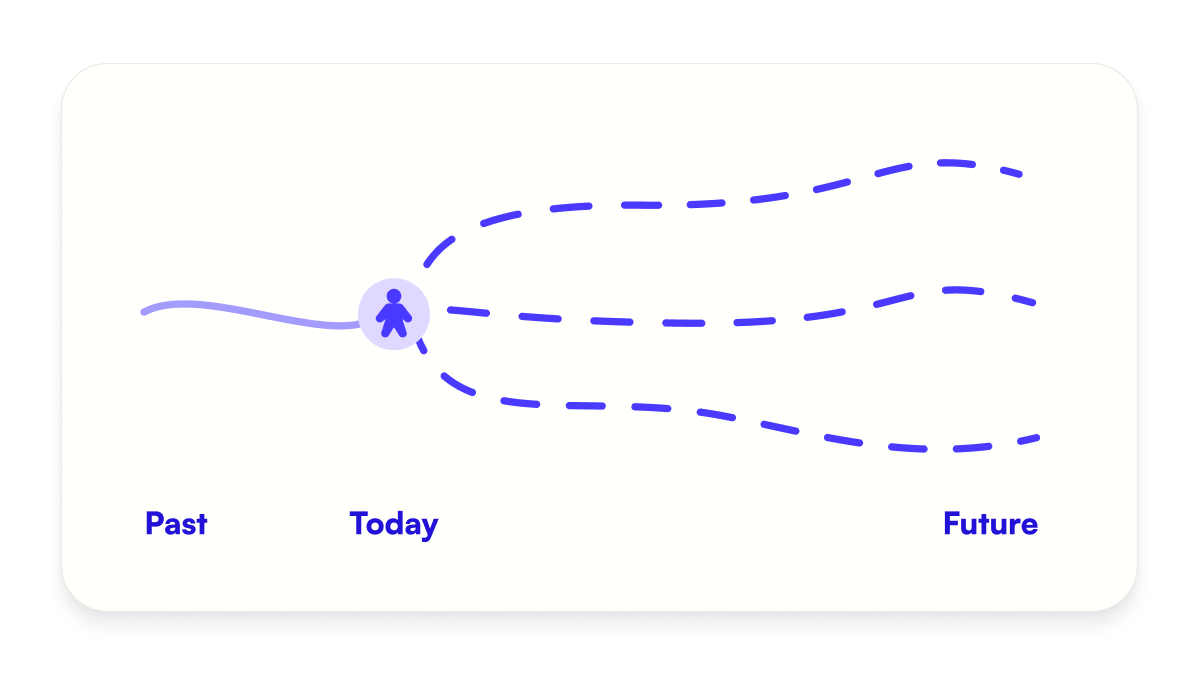Quit by Annie Duke 📖
Success comes from picking the right thing and quitting the rest so we can focus. Learn 6 tips to know when to walk away, before it's too late.

More on the author: Annie Duke is a former professional poker player, and bestselling author of Thinking in Bets.
Read this book if... you're on the fence about walking away or continuing, or are thinking of what you can take off your plate, so you can focus on what matters.
To succeed, the advice is usually to be gritty and persist with the hard things. But Quit by Annie Duke raises a great counterpoint:
"Success doesn’t lie in just sticking to things carelessly; it’s picking the right thing and quitting the rest."
Here's 6 tips to know when to walk away, before it's too late.
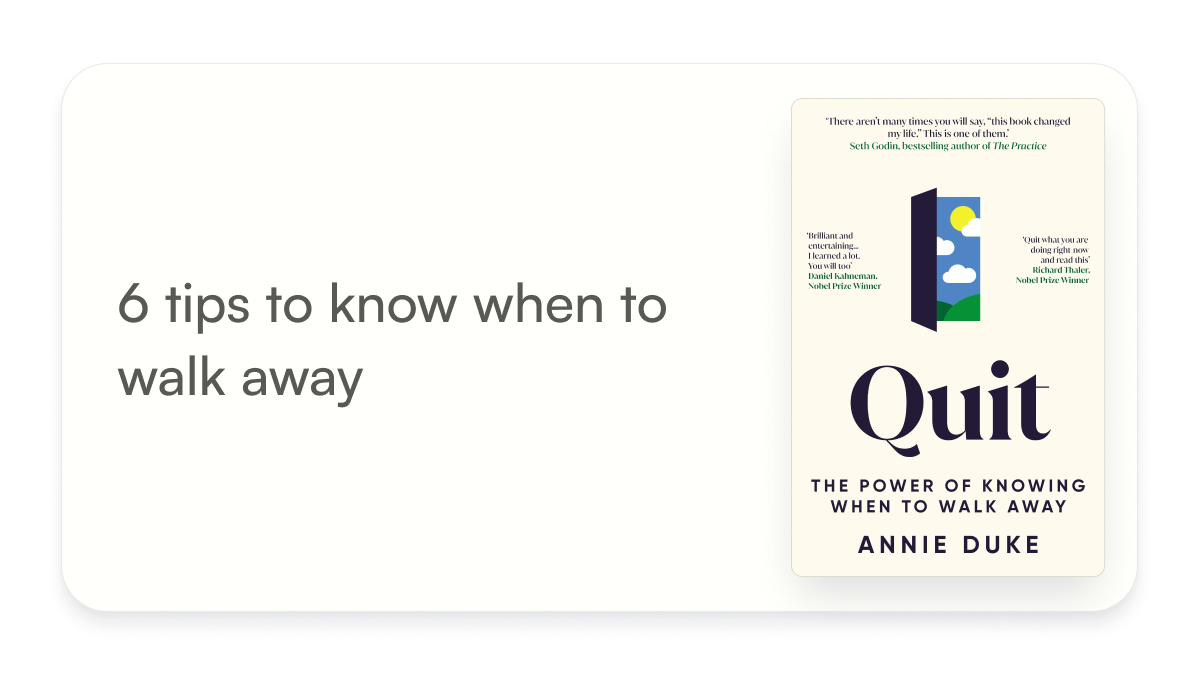
1. When you're in the losses, quitting at the right time, usually feels like quitting too early
The trick is to notice when things are getting worse - like a thunderstorm in the distance, even if you're in a sunny spot.
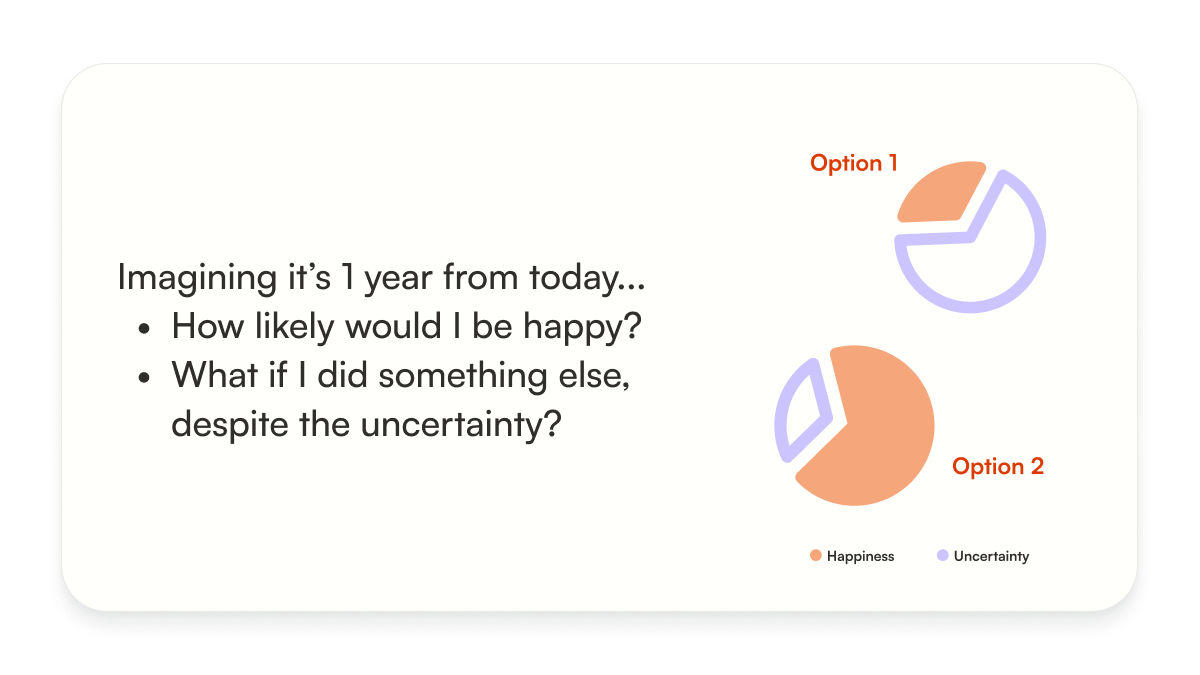
2. When things aren’t going well, we tend to work harder, so our work doesn't go to waste
This is called a sunk cost fallacy, and even large corporations aren't immune to this bias. Remember Blockbuster, or Kodak?
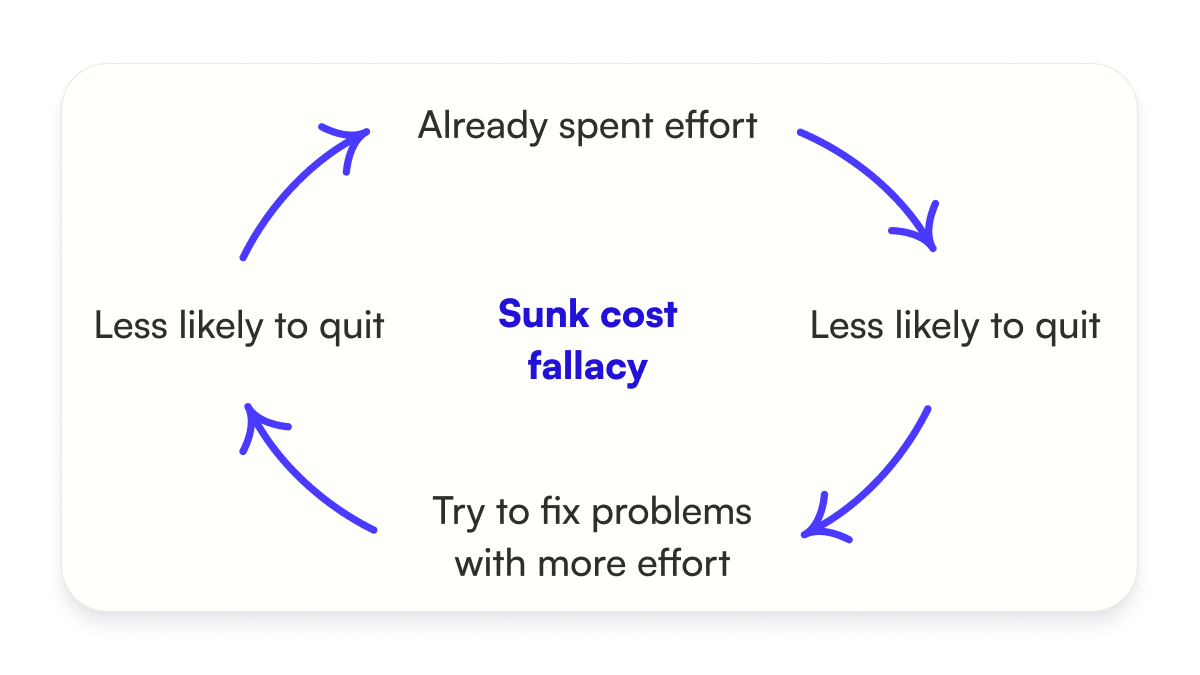
3. When facing ambitious goals, solve the hard things first
This helps us learn if it's worth continuing faster, avoiding sunk costs.
Be cautious of preferring the illusion of progress than quitting and "admitting defeat".
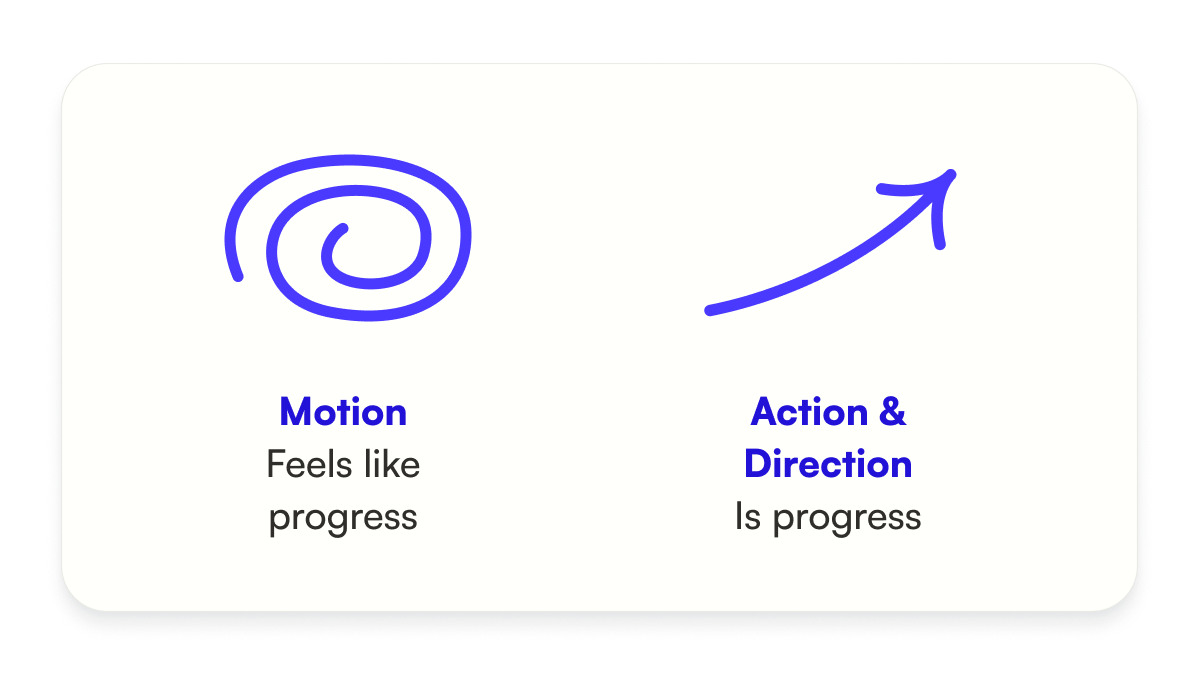
4. Prepare the criteria to quit before we have to make the decision
When the decision is pressing, we're usually not in a good place to decide.
By getting ready ahead of time, we can help our future selves remember the signs.
![Use this sentence to remind future you of the signs that it's time to walk away: If by [date] I have/haven't [reached a particular state], I'll quit.](https://kinanti-desyanandini.ghost.io/content/images/2022/12/Image-Blog---9-1.png)
5. Someone on the outside looking in can usually see things better
Talk to someone who cares more about your long-term happiness than not hurting your feelings right now – someone kind, not nice.
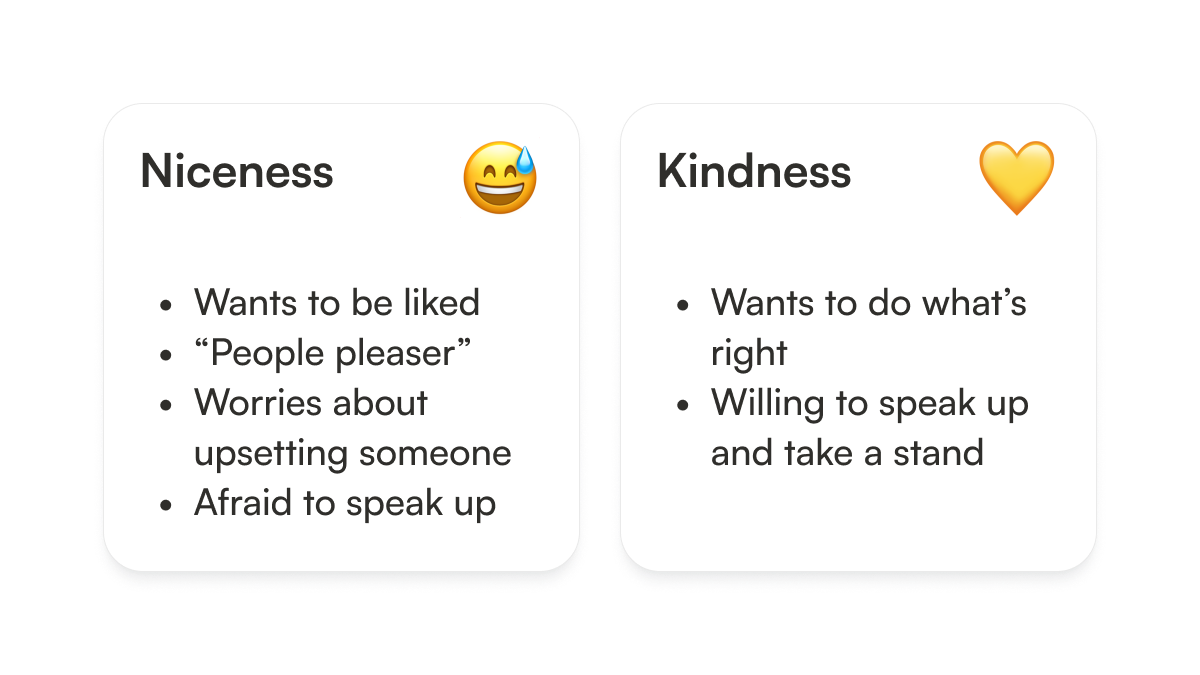
6. Waste is a problem for the future, not the past
Quitting generally triggers 2 fears: that we’ve failed, and that we’ve wasted our time, effort or money.
Worry more about continuing to waste time, effort, or money - we can’t change what’s already done.
